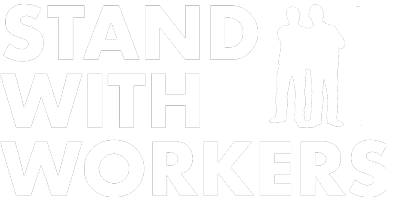June 27, 2018 — Will Swaim, president of the California Policy Center
Just in time for Independence Day, the U.S. Supreme Court has delivered millions into greater liberty – and a day of reckoning for public-sector union leaders.
The court struck down as unconstitutional the arrangement – heretofore enshrined in law in 22 states – that forced government workers to pay union fees for the privilege of keeping their jobs.
The court’s decision was a victory for Mark Janus, an Illinois state social services employee, who argued that it’s un-American to make him pay dues to essentially a political organization – in his case, the American Federation of State, County and Municipal Employees (AFSCME), which spends many millions each election cycle to elect (mostly) Democrats at all levels of government.
But the court’s Janus decision is bigger than one brave guy from Illinois. People who work for state and local governments may still join a union, can still bargain collectively, can still financially contribute to a union. The only difference now is that they don’t have to.
The court’s decision will have its greatest impact in just a few states, including New York, Illinois, Pennsylvania – and California, where some 1.3 million government employees are required to pay nearly $1 billion each year to government unions.

